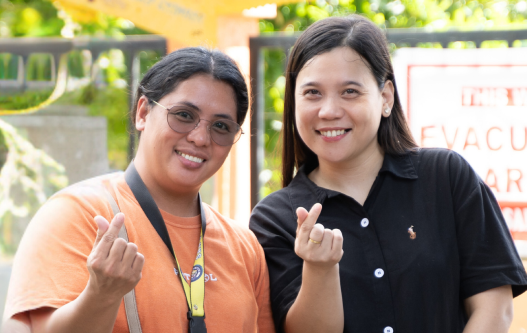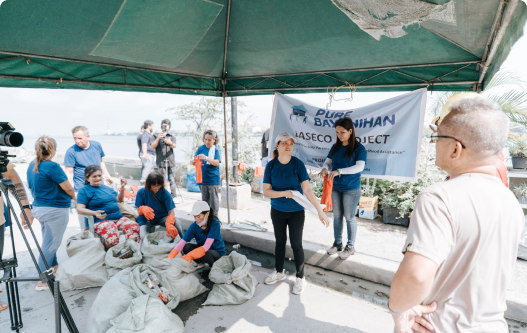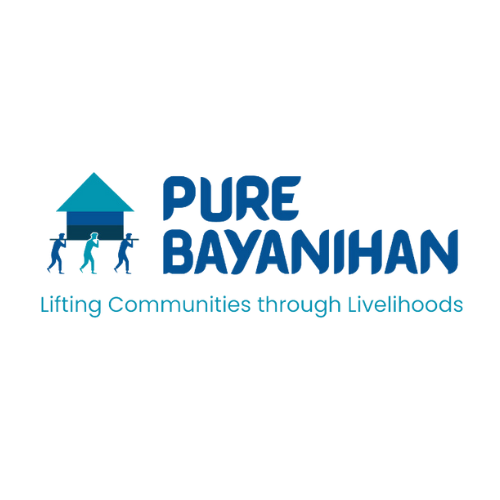Our Community Vetting Process
Our Community Vetting Process
How We Engage Communities
Outreach
We actively seek individuals and organizations passionate about serving marginalized communities.
Exploration
We engage in open communication with potential Partner Advocates (PAs) to understand their motivations and community network. We encourage PAs to share their knowledge about local community challenges.
Identification
We identify a trusted local leader or organization deeply rooted in the community as our primary point of contact.
Vetting
We conduct a comprehensive vetting process for the PA and Community Leader to ensure alignment with Pure Bayanihan's mission and values.
Assessment
We collaborate with the PA and Community Leader to assess the community's most pressing challenges.
Formalization
We formalize the partnership through a written agreement outlining roles, responsibilities, and expectations.
Ongoing Engagement
We provide continuous support, resources, and guidance to our partners, maintaining open communication to address challenges.
What We Look For

- Alignment with Pure Bayanihan's mission
- Respected community position
- Strong commitment and reliability
- Valuable insights and collaborative spirit
- High ethical standards
- Diverse representation

- Economic vulnerability
- Clear need for livelihood support
- Willingness to participate
- Strong local leadership
- Alignment with our objectives
- Commitment to inclusivity and sustainability
- Active community engagement



Eligibility Criteria
- Nominated beneficiaries must have the capacity to execute the livelihood idea and must have the willingness to undertake necessary training as available.
- The community should demonstrate the capacity and willingness to actively participate in and benefit from livelihood interventions, including engagement in project planning, implementation, and monitoring.
Bayanihan Corporate Partners





